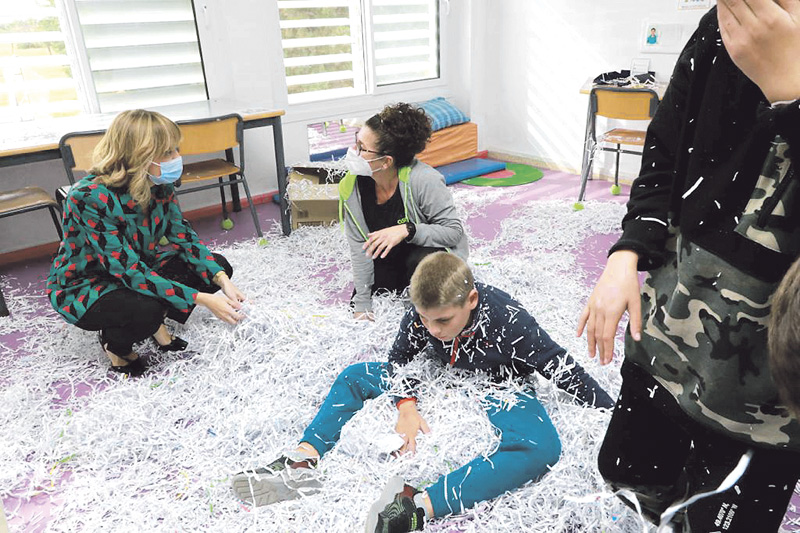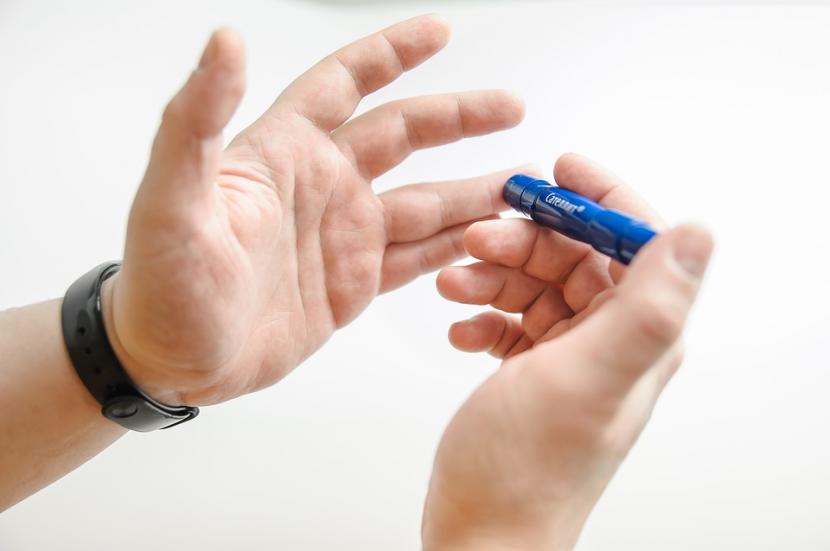The visit last week of the Minister of Education and Vocational Training, Pilar Alegria, to the Balearic Islands, served to guarantee the maintenance of the Special education. “Our idea is to move towards an inclusive education in ordinary schools in all cases where this is possible and convenient,” said Alegría, and then clarified: “That will never compromise the future of Special Education centers, which they will continue to provide their valuable and indispensable work as long as it is still needed ”.
The minister has ensured that the possibility that the Special Education centers disappear, as was raised during the Lomloe process, including protests against it, has never been on the table. In an interview with the journalist from The newspaper of Catalonia Olga Pereda acknowledged that this was the issue that caused her the greatest “personal distress” of the entire debate around the Celaá law. “There is not a single line within the Lomloe to propose closing those centers ”, he proclaimed in the same interview, while stressing that the families will always be involved.
For this reason, his visit to two Special Education centers on the island of Mallorca, the “Son Ferriol” and the “Princess of Asturias”, in the company of the president of the Balearic Government, Francisca Armengol, and the Minister of Education and Vocational Training, Martí March.
From there he took the opportunity to praise the “knowledge” with which these centers can “help ordinary centers to achieve inclusive education.”
–
Precisely in this line of moving towards inclusion, the minister has announced a new territorial cooperation program, with 43 million euros on 2022. The investment will go to both ordinary centers and Special Education centers – such as “Son Ferriol”, which opened its doors in 2000 and currently welcomes 78 students in Basic Special Education and Transition to Adult Life. , and the “Princess of Asturias”, which offers comprehensive care to people with Down syndrome and Autism Spectrum Disorder, with 121 students enrolled.
It seeks to improve accessibility, with more specialized professional profiles, better family orientation and early care and to facilitate that “all families who want to educate their children in ordinary centers can do so”, in line with the recommendations of international institutions .
In its fourth additional provision, Lomloe states that “The educational administrations will ensure that schooling decisions guarantee the most adequate response to the specific needs of each student”, as well as a 10-year plan so that “ordinary centers have the necessary resources to be able to serve students with disabilities in the best conditions ”. At the same time, he adds, “they will continue to provide the necessary support to Special Education centers so that these, in addition to educating students who require highly specialized care, perform the function of reference and support centers for ordinary centers.
In Spain, some 730,100 male and female students received educational support in the 2019-20 academic year (around 9.2% of the total); 30% for needs derived from serious disorders or disability. According to the latest data from the Ministry of Education, 83% of them are enrolled in ordinary centers. This percentage varies greatly according to the autonomous communities, with Galicia and Navarra hovering around 90% and the Valencian Community below 70%. In the Balearic Islands, 84.4% of the students are enrolled in ordinary centers.
–


